Grape syrup has been gaining popularity as a healthy alternative to traditional sweeteners. With its rich flavor, versatility, and numerous health benefits, grape syrup presents an excellent business opportunity for entrepreneurs looking to tap into the growing consumer demand for natural and nutritious food products. In this article, we will explore the market potential, production process, and marketing strategies to unleash the sweet success of grape syrup. 1. Market Potential: The global demand for healthier sweeteners continues to surge, primarily driven by consumers seeking to reduce their sugar intake without compromising on taste.
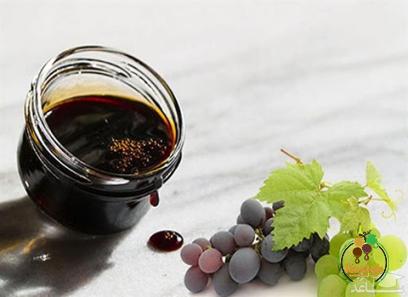
.
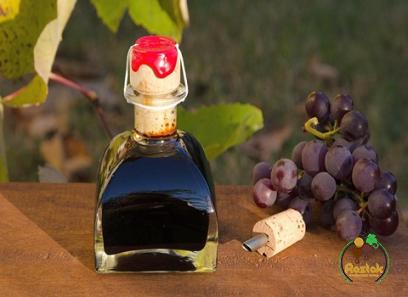 Grape syrup, made from the concentrated juice of grapes, offers a naturally sweet alternative that is lower in calories and higher in antioxidants compared to refined sugar and artificial sweeteners. This growing health-conscious trend provides a strong market potential for grape syrup products, particularly in the sectors of health foods, beverages, and baking. 2. Production Process: The production of grape syrup involves carefully selected grape varieties, such as Concord or Muscat, which are rich in natural sugars and desirable flavors. The grapes are harvested at their peak ripeness, juiced, and then slowly evaporated to reduce the water content. This concentrated juice is further processed to remove impurities and achieve the desired consistency and flavor profile. The resulting grape syrup can be used both as a standalone sweetener or as an ingredient in various food and beverage products.
Grape syrup, made from the concentrated juice of grapes, offers a naturally sweet alternative that is lower in calories and higher in antioxidants compared to refined sugar and artificial sweeteners. This growing health-conscious trend provides a strong market potential for grape syrup products, particularly in the sectors of health foods, beverages, and baking. 2. Production Process: The production of grape syrup involves carefully selected grape varieties, such as Concord or Muscat, which are rich in natural sugars and desirable flavors. The grapes are harvested at their peak ripeness, juiced, and then slowly evaporated to reduce the water content. This concentrated juice is further processed to remove impurities and achieve the desired consistency and flavor profile. The resulting grape syrup can be used both as a standalone sweetener or as an ingredient in various food and beverage products.
..
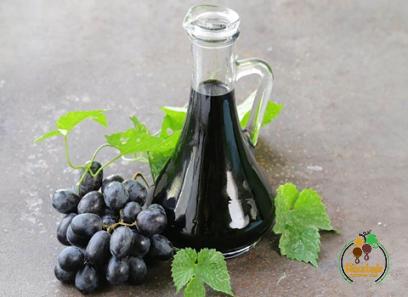 3. Health Benefits: Grape syrup boasts an array of health benefits due to the high concentration of antioxidants, polyphenols, and other phytonutrients present in grapes. These potent compounds contribute to supporting cardiovascular health, reducing inflammation, and aiding digestion. Additionally, grape syrup has a low glycemic index, making it suitable for individuals with diabetes or those looking to control blood sugar levels. 4. Marketing Strategies: To successfully market grape syrup, entrepreneurs should focus on highlighting its health benefits, unique flavor profile, and versatility in culinary applications. Key marketing strategies may include: a. Branding: Invest in a compelling brand identity that emphasizes the natural and healthy aspects of grape syrup. Develop eye-catching packaging that communicates the product’s high-quality and premium attributes. b. Targeted Retail Channels: Forge partnerships with health food stores, gourmet grocers, and online retailers catering to health-conscious consumers. Additionally, consider collaborations with local producers, chefs, and bakers to increase exposure and establish credibility.
3. Health Benefits: Grape syrup boasts an array of health benefits due to the high concentration of antioxidants, polyphenols, and other phytonutrients present in grapes. These potent compounds contribute to supporting cardiovascular health, reducing inflammation, and aiding digestion. Additionally, grape syrup has a low glycemic index, making it suitable for individuals with diabetes or those looking to control blood sugar levels. 4. Marketing Strategies: To successfully market grape syrup, entrepreneurs should focus on highlighting its health benefits, unique flavor profile, and versatility in culinary applications. Key marketing strategies may include: a. Branding: Invest in a compelling brand identity that emphasizes the natural and healthy aspects of grape syrup. Develop eye-catching packaging that communicates the product’s high-quality and premium attributes. b. Targeted Retail Channels: Forge partnerships with health food stores, gourmet grocers, and online retailers catering to health-conscious consumers. Additionally, consider collaborations with local producers, chefs, and bakers to increase exposure and establish credibility.
…
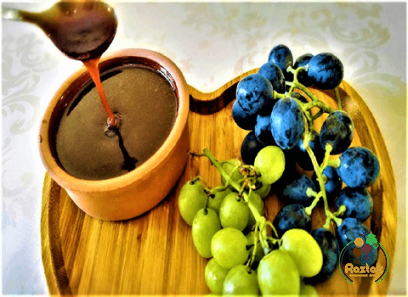 c. Digital Presence: Utilize online platforms and social media to raise awareness about grape syrup and engage with potential customers. Share recipes, health tips, and educational content to create a community around the product. d. Sampling and Demonstrations: Arrange tasting sessions and cooking demonstrations at retail locations or food events to provide firsthand experience of the delicious versatility of grape syrup. e. Health and Nutrition Claims: Ensure compliance with applicable regulations and obtain necessary certifications to back up any health claims made about the product. This will build trust and credibility among health-conscious consumers. Conclusion: Grape syrup offers a unique and delicious alternative to traditional sweeteners, providing health-conscious consumers with a guilt-free indulgence. With its market potential, natural production process, and numerous health benefits, grape syrup presents an enticing business opportunity for entrepreneurs. By leveraging effective marketing strategies and targeting the right consumer segments, aspiring business owners can unlock the sweet success of grape syrup and capitalize on the growing demand for healthy and flavorful food products.
c. Digital Presence: Utilize online platforms and social media to raise awareness about grape syrup and engage with potential customers. Share recipes, health tips, and educational content to create a community around the product. d. Sampling and Demonstrations: Arrange tasting sessions and cooking demonstrations at retail locations or food events to provide firsthand experience of the delicious versatility of grape syrup. e. Health and Nutrition Claims: Ensure compliance with applicable regulations and obtain necessary certifications to back up any health claims made about the product. This will build trust and credibility among health-conscious consumers. Conclusion: Grape syrup offers a unique and delicious alternative to traditional sweeteners, providing health-conscious consumers with a guilt-free indulgence. With its market potential, natural production process, and numerous health benefits, grape syrup presents an enticing business opportunity for entrepreneurs. By leveraging effective marketing strategies and targeting the right consumer segments, aspiring business owners can unlock the sweet success of grape syrup and capitalize on the growing demand for healthy and flavorful food products.

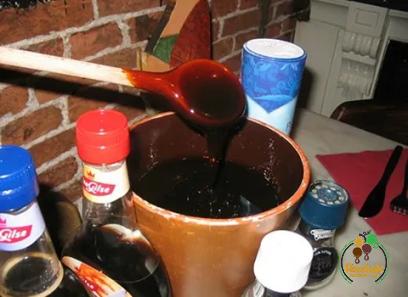
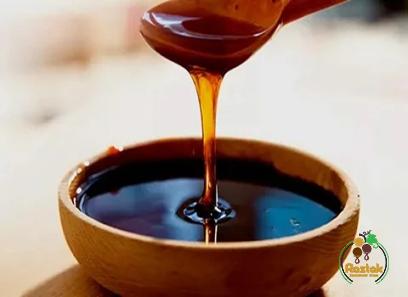
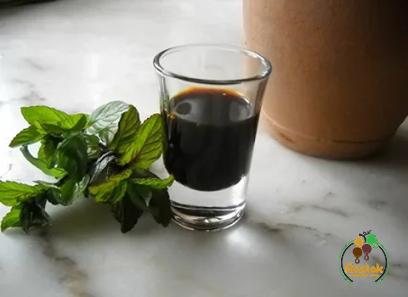
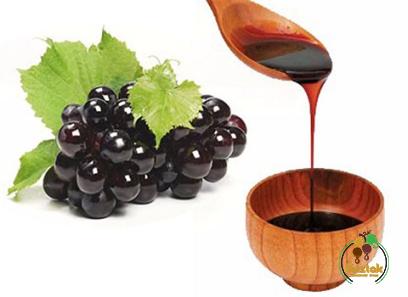

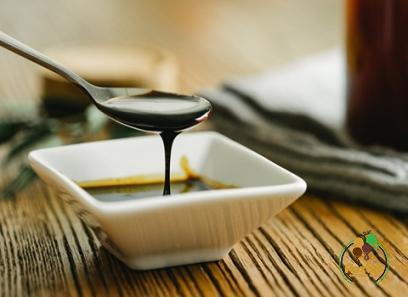
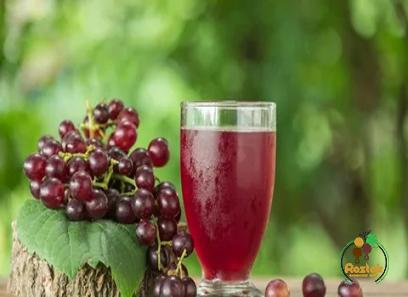
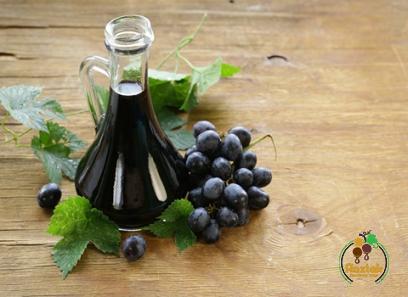
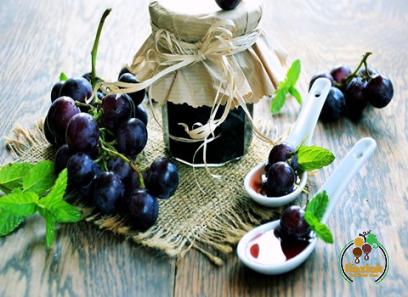
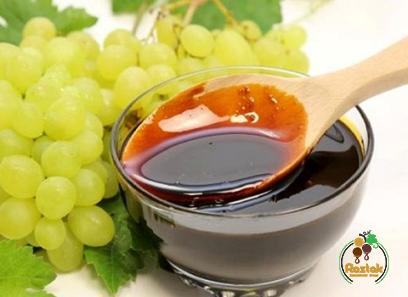
Your comment submitted.